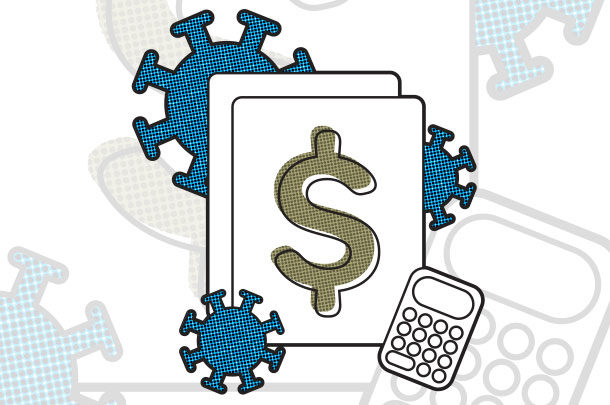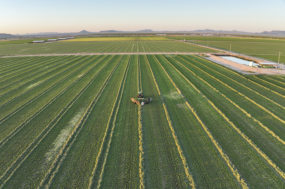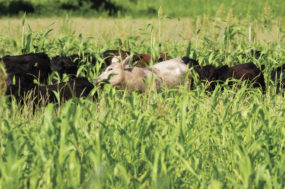“Grandpa, why are you staying up for New Year’s Eve this year?” “I want to make sure 2020 is gone!”
It’s been that sort of year, with huge economic disruptions due to COVID-19. In an attempt to soften the blows, federal and state governments have thrown a lot of assistance programs at us. Income taxes are lurking in the background, so let’s take a quick look at these programs and see how they fit into the income tax system.
The first principle of the income tax code is: “Gross income means [that] all income from whatever source derived” is taxable. We also know that nothing is deductible unless legislation permits it or carves out an exception. Those thousands of pages of tax law mostly provide detail for these two principles.
Knowing these principles, we can have a fairly reliable idea of how to treat things for income tax purposes, even if no specific guidance is available. Let’s apply these principles and the limited official guidance we’ve received for COVID-19 relief provisions that farms and ranches may have seen, to see how we come out.
First up, in March, there was the Economic Injury Disaster Loan (EIDL), a two-part program with a small grant portion of up to $10,000 and a much larger special loan program. Concentrating on the EIDL grant portion, it squarely fits the “all-income” category with no special exemption. As taxable income and a business grant, it is going to land on your farm income tax return.
If you took the additional EIDL loan portion as well, this is treated just like any other loan. The loan proceeds are not taxable, and any business interest paid would be deductible.
Next up, and targeted specifically to food production, we have the Coronavirus Food Assistance Program (CFAP) parts 1-3. Intended to mitigate the economic disruption of our highly efficient but specialized food chain, it is a direct grant program as well. As a grant, CFAP also fits the all-income category as gross income to our farm or business.
We can all see a pattern developing here, but Congress cannot stand logic. At a personal level, nearly everyone qualified for a $1,200 personal stimulus payment. It looks like an all-income item, but this time, Congress specifically said it is not taxable. We’re home free on this one, for the most part. As some households may be due additional stimulus money, I expect some entries on your personal income tax return to see if you might qualify for more stimulus.
Now to really muddy the waters: Many farms also participated in the Paycheck Protection Program (PPP). This program is different because it starts as a loan, through a bank, for specific expenses that might be forgiven. This has had a huge number of official releases over the summer that reflect the complexity of this program.
Let’s start with the long-standing rule that loans are not income; but a loan canceled or forgiven is income when canceled. The good news is that Congress set that rule aside and let us off the hook, if the PPP loan meets certain criteria and is forgiven. We are not going to have to claim that forgiven PPP debt as income.
The bad news is that another long-standing tax principle is that expenses related to tax-exempt income are not deductible. To get forgiveness of the PPP loan, we have to show we spent the money on the proper expenses. The IRS has stated those expenses used to obtain forgiveness cannot also be deducted. This could get really messy when the expenses are in 2020 but the forgiveness happens in 2021. Congress has talked about fixing this, but the cure seems to be stuck in the political mud.
Some federal assistance has also come indirectly through state-administered programs. With 50 states, it’s hard to discuss specific programs, but we can apply that general principle of all income to any grant program and expect it’s going to be taxable.
This has been a very fluid tax situation this year, and some of this may yet change due to legislation, so stay in touch with your tax advisers. This is strictly a general overview, so your individual situation may change the result.










